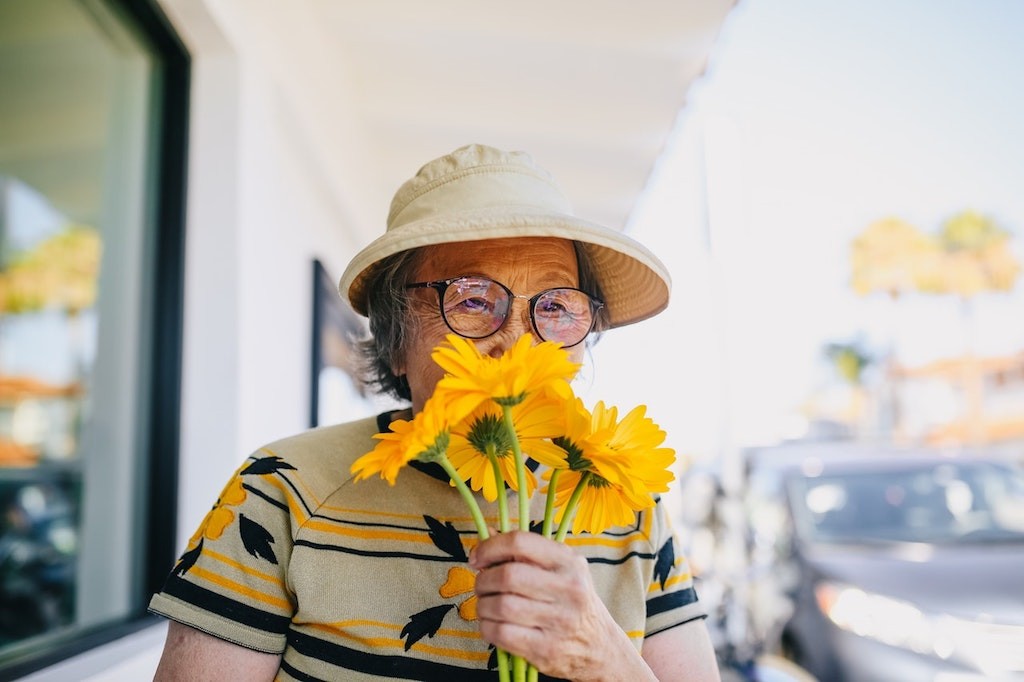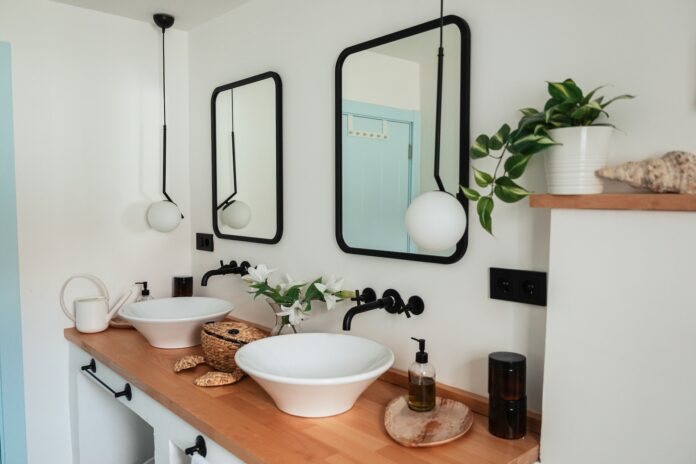Caring for elderly parents can be tough. However, caring for loved ones that live far away presents an even more diverse set of challenges, particularly in these tough times.
As the Guardian points out, there has been a break-up of traditional living patterns. Once it was the norm for generations to live in one large house together, or a single road away, and certainly in the same town. However, job mobility and rising house prices mean that many modern families tend to live further away from each other. As such, it takes a considerable amount of “time and effort to travel to see each other”.
How do you take care of your ageing parents from far away? There are certainly a few steps you can take to make sure your parents are as healthy and comfortable as possible. With that in mind, here are 6 tips for caring for your parents if you live far away.
A LIVE-IN CAREGIVER CAN HELP
Life expectancy in the UK has risen over the past 50 odd years, from 71 in 1960 to 81 in 2018. As such, senior citizens in the UK may need some level of professional care in their later years to ensure they can continue to live in a dignified and independent way.
According to the live-in care experts at Home Touch, live-in care is an option to consider should you live far away from elderly loved ones but still want to ensure they retain their independence and autonomy, as well as granting you peace of mind, too.
They elaborate that live-in care offers a large amount of flexibility in the type of assistance a carer can provide; ‘’The carer assists with chores, supports personal care like bathing, dressing, and toileting, prepares food, and keeps them safe. They also offer a friendly face, a chat, and a little company. Depending on needs, live-in carers can also manage more complex tasks. They can manage incontinence, administer medication, and sensitively supervise your loved one to ensure safety day and night.’’

CONSIDER SENIOR LIVING COMMUNITIES
Another excellent option for your elderly parents is senior living communities. These communities provide a supportive environment with various services and amenities that enhance quality of life.
These communities range from independent living to assisted living and specialised care facilities. As the guys at Koelsch, who offer senior living communities near Chandler, Arizona, report, independent living is ideal for active seniors who benefit from services like housekeeping, meal preparation, and social activities. Assisted living offers more support with daily tasks such as bathing, dressing, and medication management, while still promoting independence. Specialised care facilities, like memory care units, cater to seniors with specific health needs, such as dementia, providing a safe and secure environment with trained staff.
Choosing a senior living community ensures your parents are in a safe, engaging environment, reducing isolation and offering social and recreational activities. Visiting several communities and talking to staff and residents can help you find the best fit for your parents’ needs and preferences, ensuring they receive the necessary care and support. Check out this community to get an idea of the amenities (and pricing) involved.
ENCOURAGE MOBILITY
Helping your parents stay mobile is a key way in which you can help them live independently in their golden years.
As the World Health Organisation point out, retaining mobility is essential as you get older, and staying physically active is the best way to achieve continued mobility, and as a result, independence.
Maintaining a gentle but committed exercise routine, taking a daily walk, counting steps for added motivation, or even setting regular fitness challenges can be a great way to prioritise exercise. Even gardening or a spot of pilates can do wonders for an elderly person’s fitness. You can help facilitate this from afar by designing a simple exercise programme for your elderly parent, or investing in a step counter and teaching them how to use it next time you visit.
If you’re keen to learn more, check out these ideas for the elderly to keep fit, which is packed full of useful suggestions.
CLEANING AND MAINTENANCE
It might be hard for your parents to maintain their house on their own, with some DIY issues complex or physically hard to reach. If you live far away, you can help out by arranging for a house cleaning service to visit your parents a few times a month.
When you visit, make sure you volunteer to help out with maintenance tasks about the home, rather than leaving problems to chance. DIY and cleaning can become particularly burdensome as strength and mobility naturally decreases with age; this is a good way to provide support when you do visit.
EXPAND THEIR COMMUNICATION HORIZONS
It’s good to talk. It’s also incredibly important for elderly parents to keep connected with you, both for their physical and mental health. Unfortunately, right now, the UK is going through something of a loneliness epidemic, and this is particularly affecting the elderly.
A large part of this is due to the ubiquity of modern technology in communication and conversation, which has served to somewhat isolate those not up-to-speed with the technology involved. It’s your job, then, to educate your elderly loved ones on how to use video calling technology, email for photo sharing, and text messaging. In doing so, you’ll broaden their horizons in terms of how to communicate from afar.
Should that not be possible, then the UK’s largest charity for older people, Age UK, also offer free training courses in computer literacy for the elderly. Check out their dedicated website and find out if your nearest Age UK offers training courses.
Read: 6 Ways To Remotely Support Elderly Loved Ones Who Are Feeling Lonely.
HAVE SOMEONE VISIT THEM EVERY WEEK
Do you know your parents’ neighbours? Are there relatives living in the same city as your elderly parents? Do you have friends still living in your hometown?
Make sure someone visits your parents every week. It could be an old friend, a family member who lives nearby, or a neighbor. This way, your elderly loved ones will not feel lonely and abandoned, which will help them stay healthy and independent for longer.
Get in touch with those who do live closer to your elderly parents, and see if they could pop round for a chat, a cuppa and provide some support and company at times when you can’t. Alternatively, Age UK offer befriending services, both in the form of telephone calls and face-to-face meetings, which involve volunteers lending a hand to combat loneliness in the elderly.
PAY ATTENTION TO THEIR HEALTH
Some elderly people have a tendency to ignore their health problems until it is too late to fix them. Because of that, you should do your best to encourage your parents to visit their GP regularly, and when you visit, you could accompany them. Become familiar with their medication routines, and phone up regularly to remind your elderly parents to take care of their health.
As we said earlier, every little helps, and we hope this article did just that.





